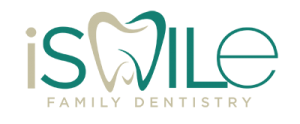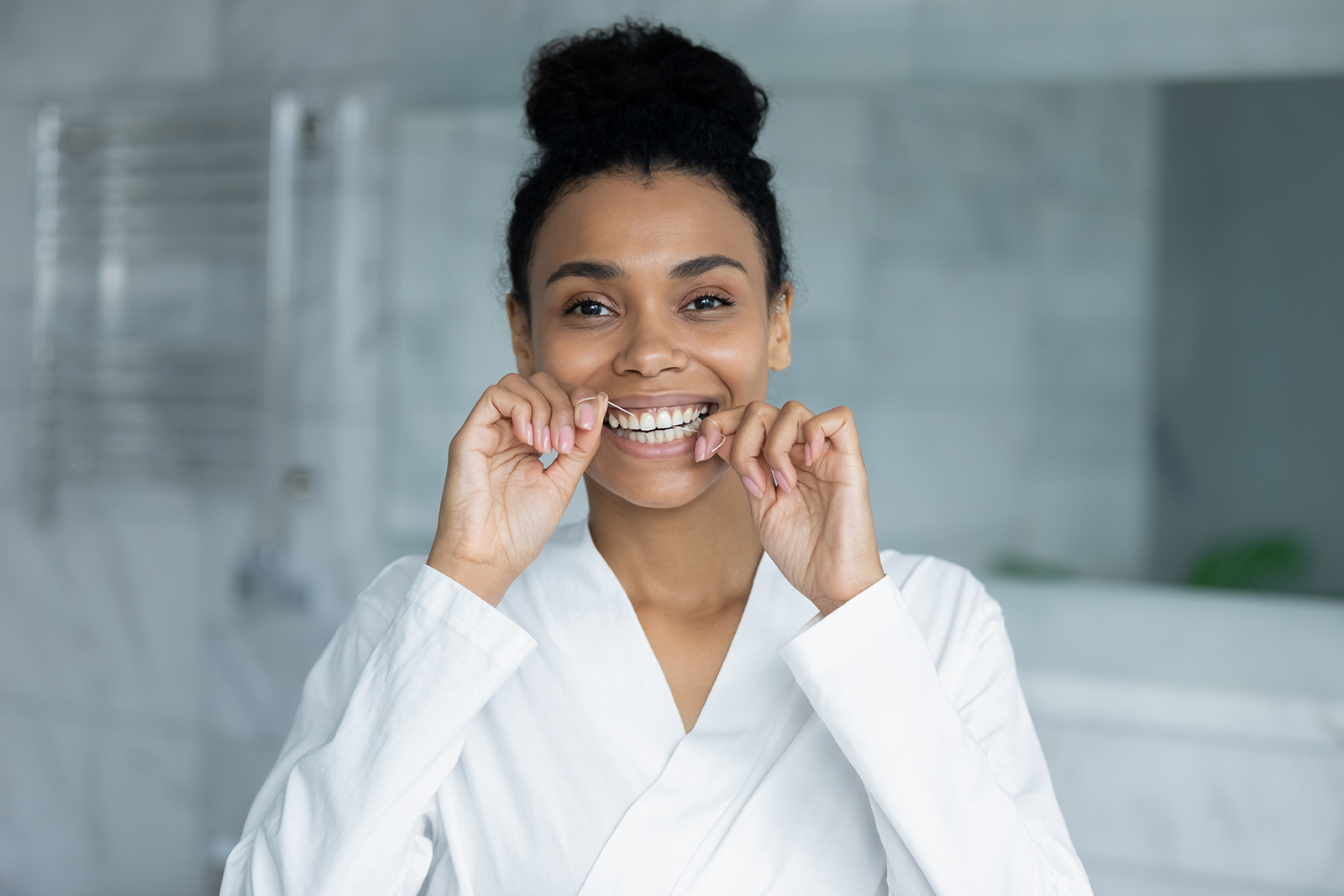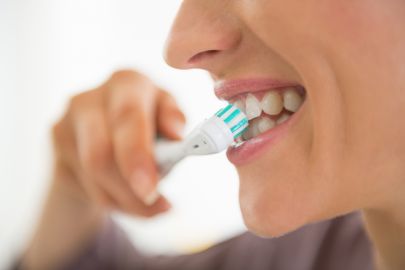
Image Source: Flickr
You probably know that you need to floss every day. If you’re not sure why, the answer is simple: Flossing helps keep your gums healthy. Healthy gums are a key indicator of good oral health, because they are a sign that bacteria is not growing underneath your gums. Healthy gums also help prevent cavities and periodontal disease. If you’re reading this article, you most likely already know all about how important proper flossing is for keeping your teeth clean and healthy. But do you actually do it? If so, how often? If not, why not? And if you don’t floss on a regular basis, what can you do about it? Here are some tips to get you started.
Dental flossing lesson – why is it so important?
There are a few key reasons why you should be flossing daily. If you aren’t sure how important it is, these are a few reasons why you should be flossing.- Prevent Cavities: Bacteria can build up on your teeth, forming plaque. Plaque can turn into tartar. If you don’t remove plaque and tartar from your teeth, it can harden into a strong substance that can actually break your teeth down.- Reduce Your Risk of Gum Disease: Bacteria that forms around your teeth and gums can travel to other parts of your body. This can put you at risk for infections and very bad diseases, including heart disease. Minimizing the bacteria in your mouth with daily flossing can help you reduce your risk of gum disease.- Prevent Bad Breath: Bad breath is often caused by food particles and bacteria in your mouth. If you don’t floss, the bacteria can grow, causing gum disease and bad breath. Bad breath is often embarrassing, and it can also damage your relationships.- Have Stronger Teeth: If you don’t remove all the bacteria from your teeth, your teeth can become weaker. This can cause cavities and gum disease, which can lead to tooth loss. If you floss every day, you can reduce your risk of tooth loss and stronger teeth.
Why is flossing so important?
As we’ve covered above, there are a lot of great reasons to floss daily. But why is it so important to do it daily? Generally, you want to be sure to floss at least once a day, but twice a day is even better. Ideally, you want to floss at least once before you brush your teeth and once after you brush. This will help ensure that you’re removing as much plaque and bacteria from your teeth as possible.While you can floss with a piece of string, it is not as effective as doing it with a dental floss. Flossing with a dental floss can remove up to 90% more plaque from your teeth than string floss. String floss has more flexibility, but it is also much more likely to cause gum disease and tooth decay.
Flossing Technique
First, wind the dental floss around two fingers of one hand, leaving about an inch between your fingers. This will make it easier to pass the floss between your teeth. You want to make sure you are using about 45 pounds of pressure when you floss, as this is the amount needed to remove plaque without causing damage to your gums. Lubricate the floss with water before you place it between your teeth. Once you have it between your teeth, move it up and down between your teeth, making sure to clean the whole length of each tooth. Then, move the floss over to the next tooth, and repeat the motion.
Tips for helping you to floss daily
If you have been struggling to make time to floss, or if you have been neglecting it altogether, these tips can help you get back on track and floss daily.- Make it part of your daily routine: Studies show that people who have a daily routine have more success with daily dental care than those who do it sporadically. So, make flossing a regular part of your morning and evening routine, and you are more likely to do it.- Put a reminder up: If you have tried to make flossing part of your daily routine, but you just can’t seem to remember, put a reminder up. You can put a sticky note on the bathroom mirror, your refrigerator door, or even your computer screen. The idea is to get it in your face, so that it is harder to ignore.- Make it a mini-routine: Another way to help yourself remember to floss is to make it a part of a daily mini-routine. You could, for example, brush your teeth, then floss. Or, you could brush your teeth, then floss, then put on lotion.
Get an electric toothbrush
An electric toothbrush can help you to floss more effectively because you’ll be brushing more thoroughly. This can help lessen the amount of plaque and bacteria on your teeth, which can help prevent tooth decay, and it can also help reduce your risk of gum disease. Make sure to floss after you use your electric toothbrush, though, as it is not a substitution for flossing. More importantly, an electric toothbrush can help you to increase your brushing time by as much as 50%. This is important because getting your teeth clean is essential for preventing cavities and gum disease.
Make sure your dentist checks your teeth regularly
A dental exam is important for your oral health, but it is also important for your dental flossing routine. Your Southaven MS dentist can help you to identify any areas where plaque or bacteria may be building up. They can also help you to determine whether you are flossing correctly. Your dentist can also recommend any other dental products you may need, such as special types of dental floss for people with braces or other oral health concerns. These are just a few ways that your dentist can help you be healthier. Regular dental visits can also help you to catch small problems before they become big ones. If you’re not sure how often you should visit the dentist, the rule of thumb is every six months, or once every six months. This will help your dentist to better check your teeth and gums, and make sure that any small problems are caught and treated before they become big problems.
Conclusion
We’ve talked a lot about how important it is to floss, but we haven’t really addressed why it is so important to floss regularly. It is so important because it helps to prevent cavities, gum disease, bad breath, and it can even promote stronger teeth. If you aren’t flossing regularly, you are putting yourself at risk for all of these negative health outcomes. It is important that you make it a part of your daily routine, and you do it correctly.




